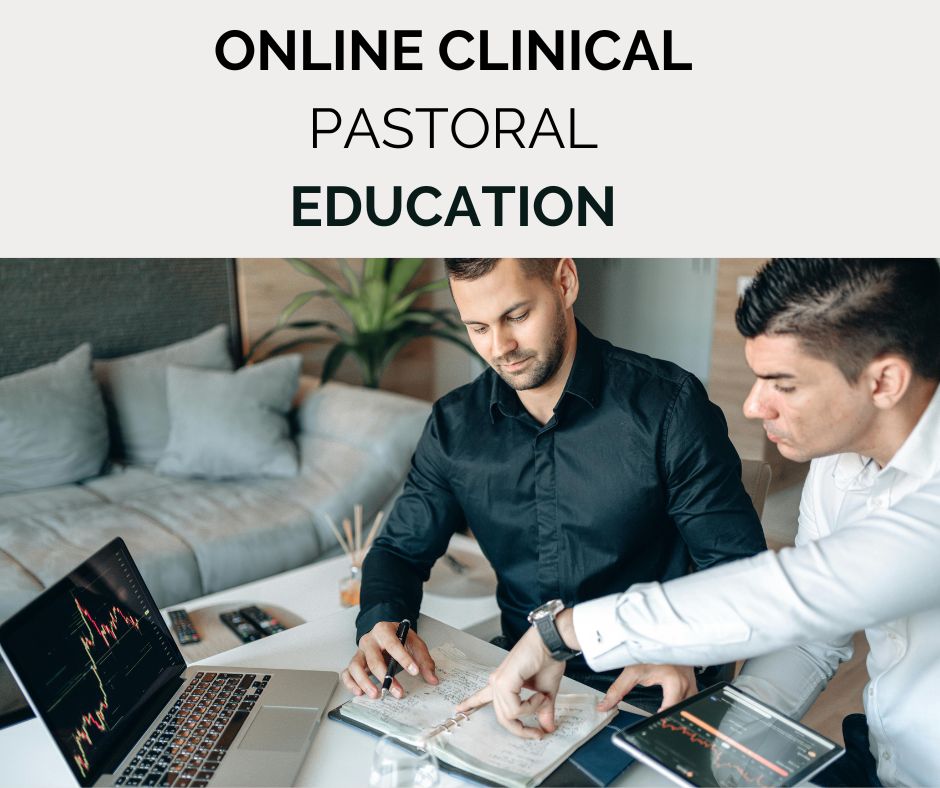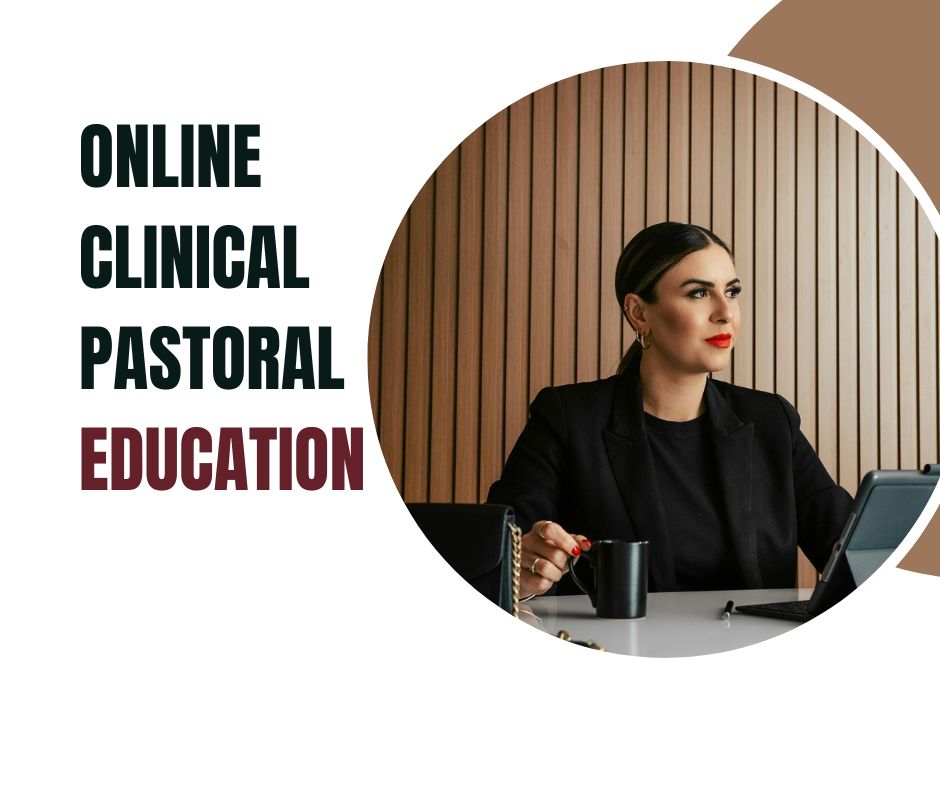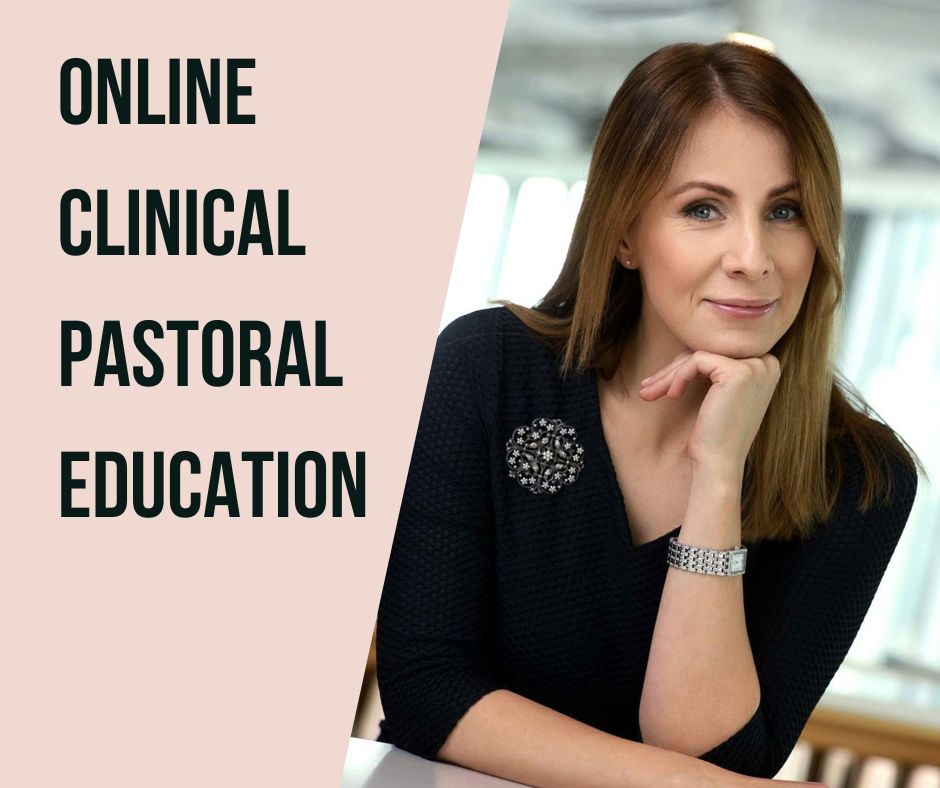Empower Yourself to Guide an Online Clinical Pastoral Education Degree
Online Clinical Pastoral Education (CPE) programs provide spiritual care training to students remotely. They cater to individuals pursuing chaplaincy in various healthcare settings.
Online Clinical Pastoral Education serves as a bridge for students who seek to enhance their skills in providing emotional and spiritual support within healthcare environments through a digital platform. These programs typically include a blend of theory, practical application, and supervised clinical practice, mirroring the traditional CPE curriculum while offering the flexibility needed by students who may not have access to in-person courses.
Tailored to meet the educational standards set by accrediting bodies, online CPE courses are designed for those aiming to work as professional chaplains or seeking to integrate pastoral care into their current healthcare roles. They emphasize interfaith dialogue, self-reflection, and active listening, ensuring graduates are equipped to address the diverse spiritual needs encountered in modern healthcare.

The Emergence Of Online Clinical Pastoral Education
The landscape of ministerial education is witnessing a significant shift with the rise of Online Clinical Pastoral Education (CPE). This innovative approach leverages technology to offer aspiring ministers and chaplains new pathways for spiritual growth and professional development.
Transition To Digital Learning
Technological advancements are reshaping traditional learning modalities, including CPE. Online Clinical Pastoral Education programs deliver comprehensive coursework through digital platforms. These programs provide flexibility, allowing students to study at their own pace and balance commitments.
Interactive tools, such as video conferencing and online forums, facilitate virtual interactions between peers and mentors. This maintains the essential community aspect of pastoral education, critical for developing counseling skills.
Expanding Access To Ministerial Training
Online CPE is a game-changer for those previously constrained by geography or personal circumstances. It tears down barriers, ensuring inclusive access to ministerial training. Candidates from rural areas, international locations, or those with mobility challenges can now pursue their vocational calling without uprooting their lives.
- Ease of Accessibility
- Diversity of Student Body
- Broad-Spectrum Curriculum Offerings
As a result, diverse perspectives enrich discussions and learning experiences. Moreover, an array of specializations and modules equips students for various pastoral contexts.
Benefits Of Online Clinical Pastoral Education
Many seek ways to serve others with care and counsel. Online Clinical Pastoral Education (CPE) is one such path. It equips individuals with the essential skills for spiritual care. The benefits are vast. They range from personal schedule management to exposure to diverse views. Unlike traditional settings, web-based platforms can enhance learning in various ways.
Flexibility And Convenience
Online CPE offers unmatched flexibility. Busy lives demand adaptability. This program meets those demands:
- Plan your own schedule: Class times are often flexible. Choose slots that fit into your daily routine.
- Study from anywhere: Access your coursework from any location. All you need is an internet connection.
- Balance commitments: Juggle work, family, or studies while training for pastoral care.
Broader Range Of Perspectives
Online CPE connects you with a global classroom. The advantages are clear:
- Meet peers worldwide: Engage with students from diverse backgrounds. Learn from their unique experiences.
- Inclusive learning environment: Leverage the rich tapestry of global insight. It can deepen your pastoral practice.
- Varied theological discussions: Explore different religious and cultural standpoints. It widens your understanding.
Curriculum And Instructional Methods
Embarking on a journey in Online Clinical Pastoral Education (CPE) builds a bridge between spiritual care and counseling. The curriculum is designed to foster growth in both personal and professional aspects. Innovative instructional methods bring the classroom alive, no matter where you are. Let’s explore the rich tapestry of learning that blends theology with practical skills.
Integration Of Theology And Psychology
Theology and psychology intersect within the CPE curriculum. Through thoughtful dialogue and study, students grasp how spiritual beliefs and mental health intertwine.
- Theological Foundations: Core principles and teachings are studied.
- Psychological Theories: Insights into human behavior are explored.
- Personal Reflection: Students connect course materials with their beliefs.
Simulated Pastoral Encounters And Case Studies
Practical application vital to pastoral education is achieved through simulations and case studies.
- Role-playing exercises replicate real-life scenarios.
- Pastoral care situations are analyzed through case studies.
- Feedback sessions hone reflective and responsive skills.

Building Community In Virtual Spaces
Imagine a classroom without walls. This is the reality for Online Clinical Pastoral Education (CPE) students. They learn, share, and grow in virtual spaces. Despite being miles apart, a feeling of closeness arises. Let’s explore how these programs build vibrant communities online.
You May Also Read: Online schools for special education
Fostering Online Peer Support
Peer support is vital for student success. In online CPE programs, fostering this support network is crucial. Here’s how a strong community thrives even when participants are spread across the globe:
- Discussion Forums: Students exchange thoughts here. Everyone learns from different perspectives.
- Virtual Study Groups: Group video calls simulate in-person study sessions. Bonds form over shared learning.
- Interactive Assignments: Tasks that require collaboration inspire teamwork.
- Social Media Platforms: These keep the conversation going beyond class hours.
Role Of Facilitators And Mentors
Guidance from mentors shapes the online learning experience. In CPE, facilitators and mentors play a pivotal role:
| Facilitator/Mentor Role | Impact |
|---|---|
| Setting the Tone: | They establish a welcoming and respectful environment. |
| Active Engagement: | Regular interactions with students foster a sense of belonging. |
| Personalized Feedback: | This encourages growth and builds confidence. |
| Technical Support: | They ensure everyone can use the digital tools effectively. |
Facilitators and mentors are the threads that connect the fabric of the online community. Their input influences how well students navigate the program and how deeply they connect with peers.
Outcomes And Future Directions
Online Clinical Pastoral Education (CPE) prepares individuals for compassionate spiritual care. It shapes future pastoral care professionals. The education offers real-world outcomes, fostering personal and professional growth. How does this impact the future of pastoral work?
Skills and Competencies Gained
You May Also Read: Online plumbing continuing education
Skills And Competencies Gained
Through Online CPE, students develop vital skills. These are essential in today’s diverse care settings.
- Active listening to understand individual needs
- Crisis intervention techniques to support in emergencies
- Compassion-based practices tailored to varied beliefs
Interpersonal communication improves significantly. Students also master ethical decision-making.
Adapting to Emerging Ministerial Needs
Adapting To Emerging Ministerial Needs
The landscape for pastoral care evolves. Online CPE programs must adjust accordingly.
- Curricula integrate current technological tools.
- There’s emphasis on cultural competency.
- Training in virtual pastoral care is increasing.
This ensures graduates perform effectively in today’s environment. They meet the dynamic needs of diverse populations.

Frequently Asked Questions Of Online Clinical Pastoral Education
Is Clinical Pastoral Education Worth It?
Clinical Pastoral Education (CPE) can be valuable for individuals pursuing chaplaincy or seeking to enhance their pastoral care skills, offering hands-on experience and professional development in spiritual care settings.
How Many Hours Is 1 Cpe Unit?
One CPE credit unit typically equals 50 minutes of active participation in a learning activity.
Is The Institute For Clinical Pastoral Training Accredited?
Yes, the Institute for Clinical Pastoral Training is fully accredited by the Accrediting Bureau of Health Education Schools (ABHES).
What Is Cpe Certification For Chaplains?
The CPE certification for chaplains stands for Clinical Pastoral Education. It is a professional training program focused on improving pastoral care skills through supervised encounters with patients in clinical settings.
Conclusion
Embarking on a journey in Online Clinical Pastoral Education can be a transformative experience. It equips caregivers with vital skills to offer spiritual support across settings. Remember, selecting the right program aligns with your goals and fosters growth. Embrace the flexibility and depth of online learning to advance your pastoral care proficiency.
Start shaping your path in spiritual care today.







